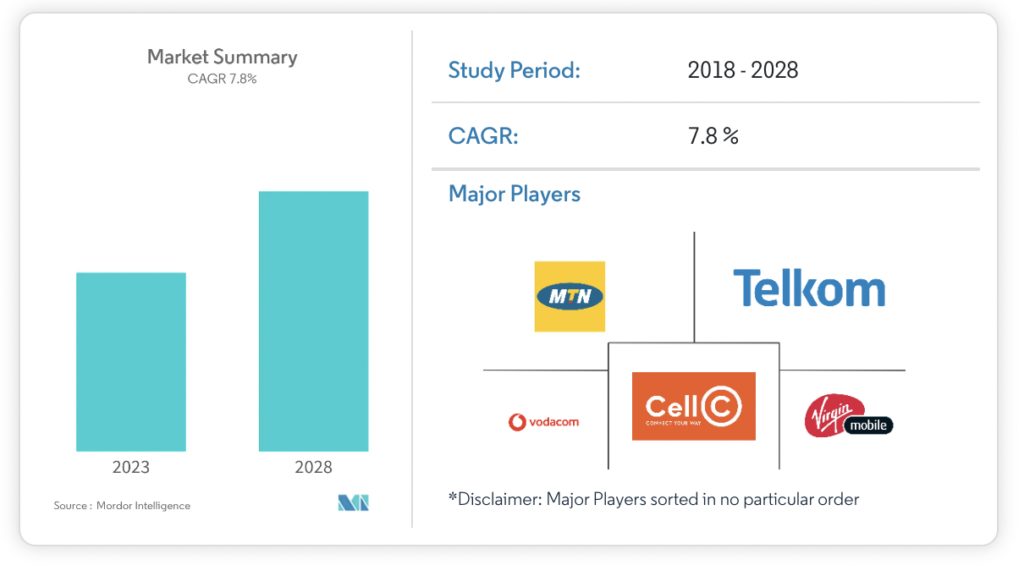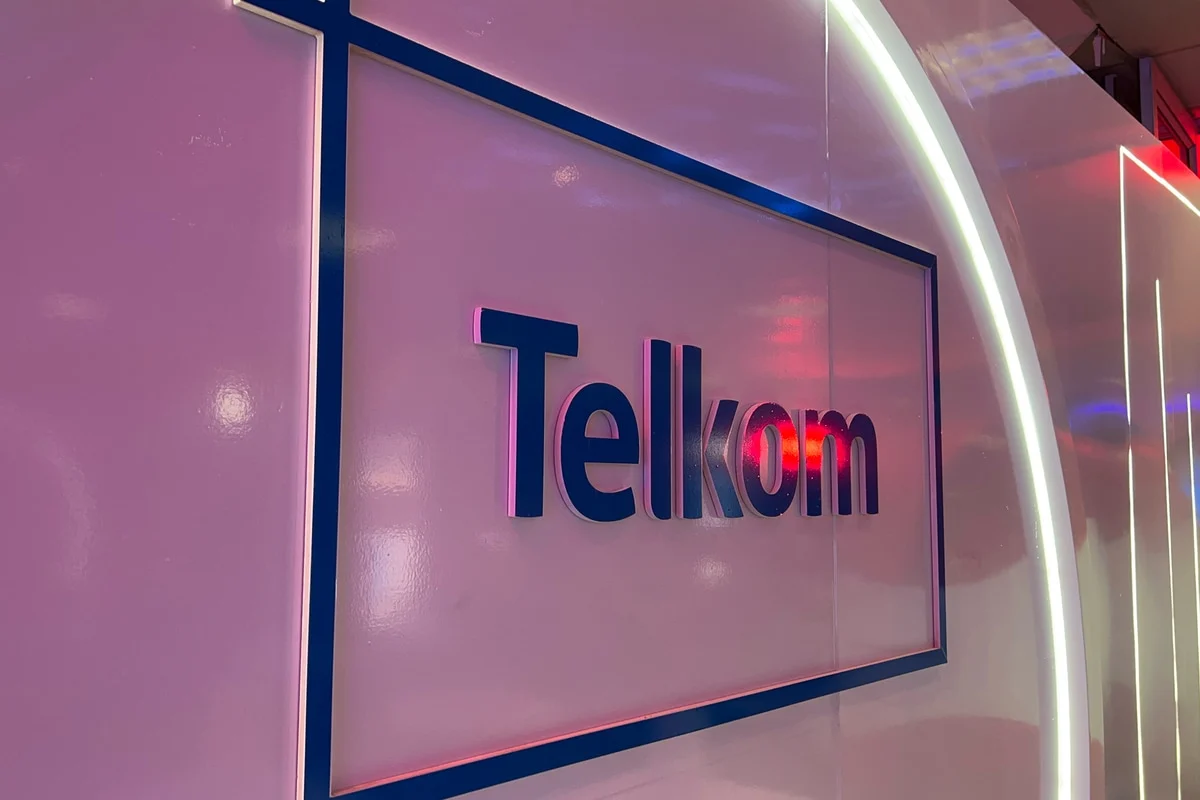South African mobile network operator Telkom has announced plans to start offering plans to enable mobile virtual network operator (MVNO) partnerships on its network.
According to a statement by the company, it will leverage its extensive network footprint across South Africa to offer MVNOs the opportunity to provide quality services over its network – thereby enhancing the much-needed competition in the telecoms space.
”With a best-in-class network, we believe that such partnerships will help create jobs, create a path into the industry for smaller players, and ultimately contribute to the growth of our digital economy“, said Lunga Siyo, CEO of consumer and small business at Telkom.
The MVNO partnerships are in line with spectrum-licence requirements set by regulator ICASA for mobile network operators to benefit historically disadvantaged groups. Telkom joins the likes of Cell C and MTN in offering services for MVNOs.
What exactly is an MVNO?
In short, an MVNO is a reseller for wireless communications services. It leases wireless capacity from a third-party mobile network operator (MNO) at wholesale prices and resells it to consumers at reduced retail prices under its own business brand.
Mobile network operators benefit from leasing this capacity because it would otherwise be unused, so they gain a profit by leasing it in bulk at wholesale prices. MVNOs benefit from being able to mark down their retail prices to a certain extent because they do not have to pay radio frequency spectrum licences and have no infrastructure to build or maintain. As a result of the low overhead, they can spend aggressively on marketing to increase their chances of selling capacity to consumers.
A big market opportunity
According to Mordor Intelligence’s South Africa MNO – MVNO Market – Growth, Trends, COVID-19 Impact, And Forecasts (2023 – 2028) report, the South African MNO – MVNO market is expected to register a CAGR of about 7.8% during the forecast period. The growth will be mainly driven by increasing demand in a wide range of applications including retail, cellular M2M, and media and entertainment.

Most MVNO players in South Africa, according to the report, function as wholesalers that purchase bandwidth in chunks from big carrier networks and sell at a discount to consumers. As a result, this market has a low-profit margin because the vendors offer cheaper rates to consumers by renting spectrum from major carriers which is costly.
The MVNO landscape in South Africa
According to the report, telcos across the continent are moving towards the mobile virtual network operator (MNVO) model through the sale and leaseback agreements of mobile towers with tower companies, and South Africa is no different.
For example, in September 2022, Cell C partnered with the country’s largest retail bank Capitec to launch an MVNO for the latter. Capitec is marketing the MVNO as a virtual mobile network that offers customers less expensive and perpetual data.
Cell C was the first mobile network operator in South Africa to open its network to MVNO partners. It offers all the necessary support, expertise, infrastructure, and platforms to allow MVNOs operate. Shoprite also launched its K’nectmobile mobile virtual network operator in March 2021.
Cell C’s hope was that, as an early entrant, the expansion of its offerings for the MVNO vendors may help the company gain a competitive edge over its fellow MNOs. With MTN and now Telkom having joined the race, the competitive landscape will be interesting to analyse.
Despite much potential, the MVNO segment has faced slow growth in recent years due to unfair pricing for network access from large network operators. This will likely be remedied by regulator ICASA’s order to mobile network operators to reduce roaming fees, including those of MVNOs, a solution which is likely to accelerate the growth of the segment.



















